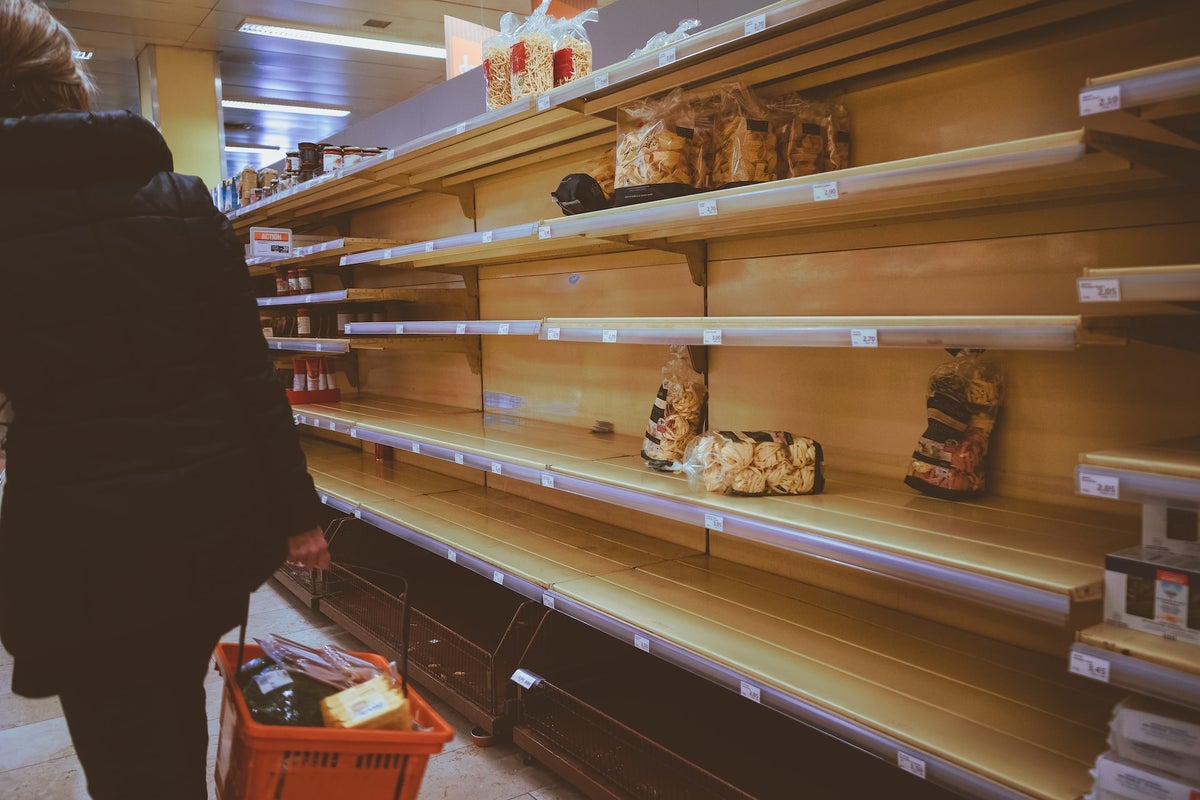[ad_1]
Russian President Vladimir Putin continues to avoid responsibility for what many believe is a looming global food crisis. While he readily admits the crisis exists, he continues to blame it on “the West’s predatory policies.”
In addition, Putin is discussing amending a landmark grain deal with Ukraine to limit countries that can receive cargo shipments. Russia’s grain harvest is set to grow by nearly 5 million tons per year after incorporating four Ukrainian territories (Donetsk, Luhansk, Kherson and Zaporizhia), according to Russian Agriculture Minister Dmitry Patrushev.
Related: Want To Protect Your Portfolio From A Recession? Some Say Buy Farmland
Ukraine has accused Russia of stealing grain from these territories. The head of Ukrainian President Volodymyr Zelenskyy’s office, Andriy Yermak, wrote on his Telegram channel that “the worthless decisions of the terrorist country are not worth the paper they are signed on.”
In turn, Putin claims Moscow has done everything possible to ensure Ukraine could export its grain. Still, problems in the global food market were going to intensify, contributing to a looming humanitarian catastrophe. Again, the Russian leader is set on shifting blame.
“This is a result of the financial and food policies that some leading countries adopted. And certainly, the so-called collective West is fully to blame for it,” Putin said through government-run news agency TASS. He also blamed the policies of developing countries during the COVID-19 pandemic.
The Biden administration has been mostly silent on Russia’s contribution to a global food shortage, but back in May, Secretary of State Anthony Blinken commented, “As with its decision to start this unjustified war, responsibility for the disruption of these supplies and the suffering that it’s causing around the world lies squarely and solely with the Russian government.”
What can’t be disputed is that the invasion of Ukraine has drastically reduced Ukraine’s grain crop and disrupted shipping in the Black Sea, triggering several Western economic sanctions against Russia.
According to the International Monetary Fund, the war-caused disruptions to grain and fertilizer flow have contributed to the worst food security crisis in at least 14 years, with approximately 345 million people facing life-threatening shortages.
In August, Moscow’s Agriculture Ministry said the country might not reach its 2022 harvest goal of 130 million tons of grain because of weather factors and a lack of spare parts for foreign equipment. The ministry said it might have to revise its plans to export 50 million tons, but this comment came before the latest annexation of territories.
Don’t miss: Last Call To Invest In This 390-Acre Farm In Idaho
Featured photo by Boris Dunand on Unsplash
[ad_2]
Image and article originally from www.benzinga.com. Read the original article here.

